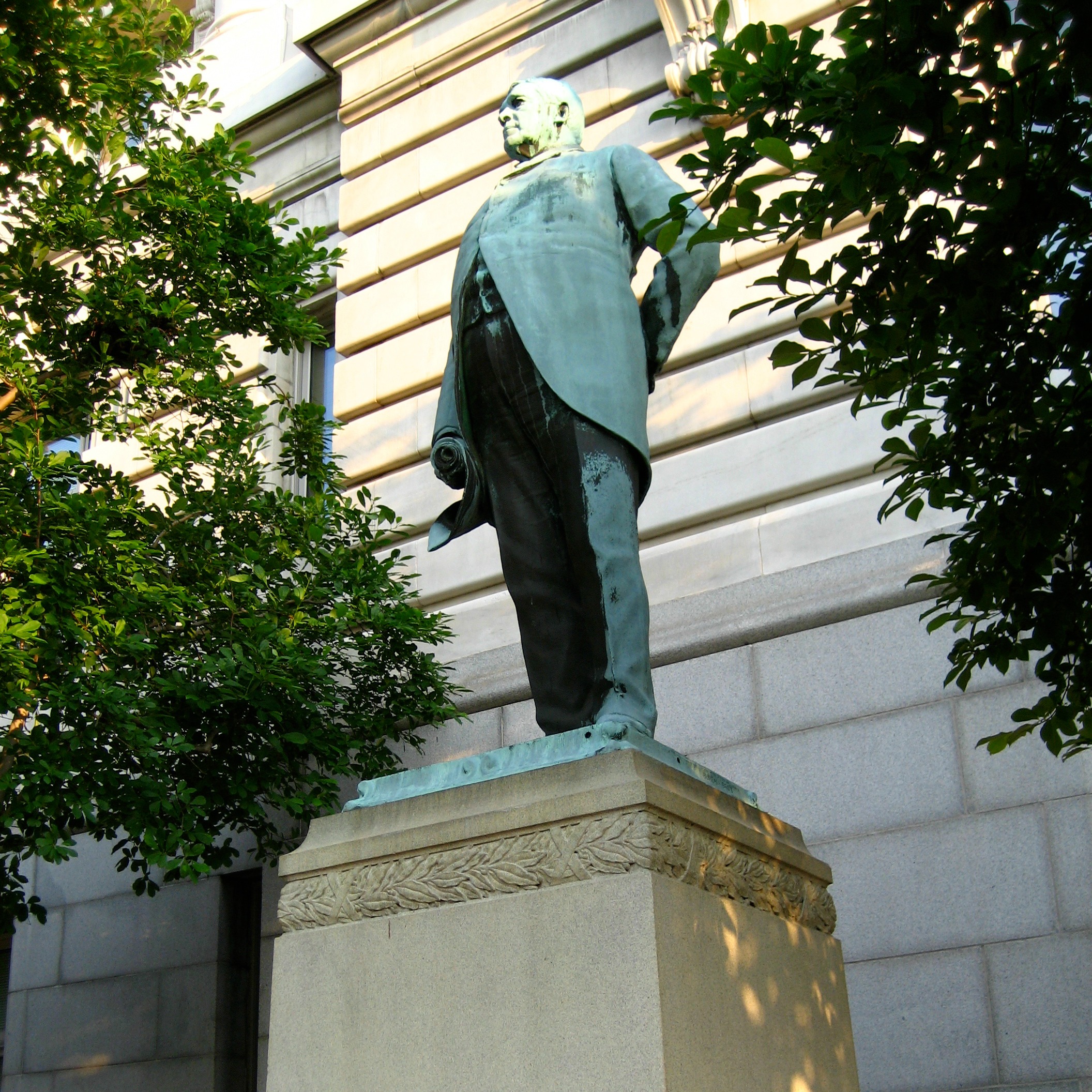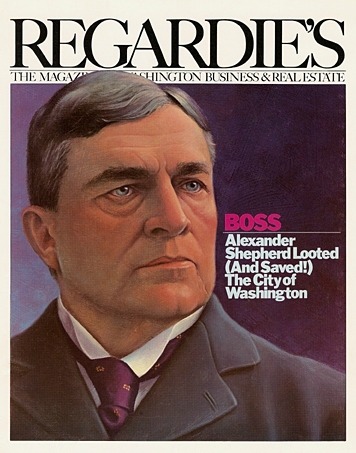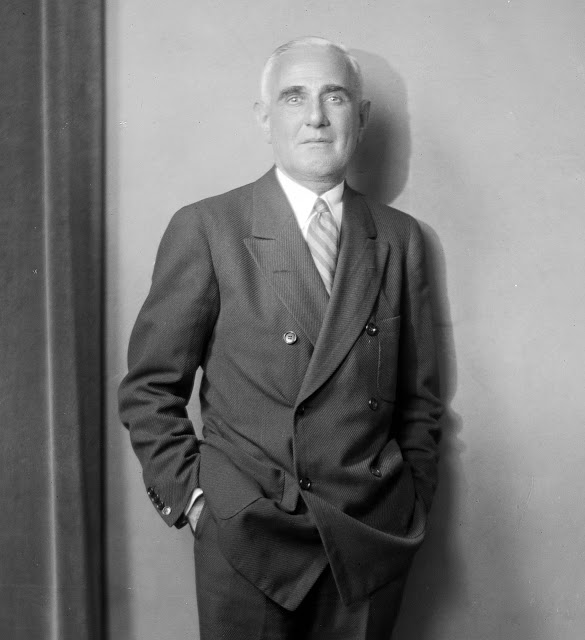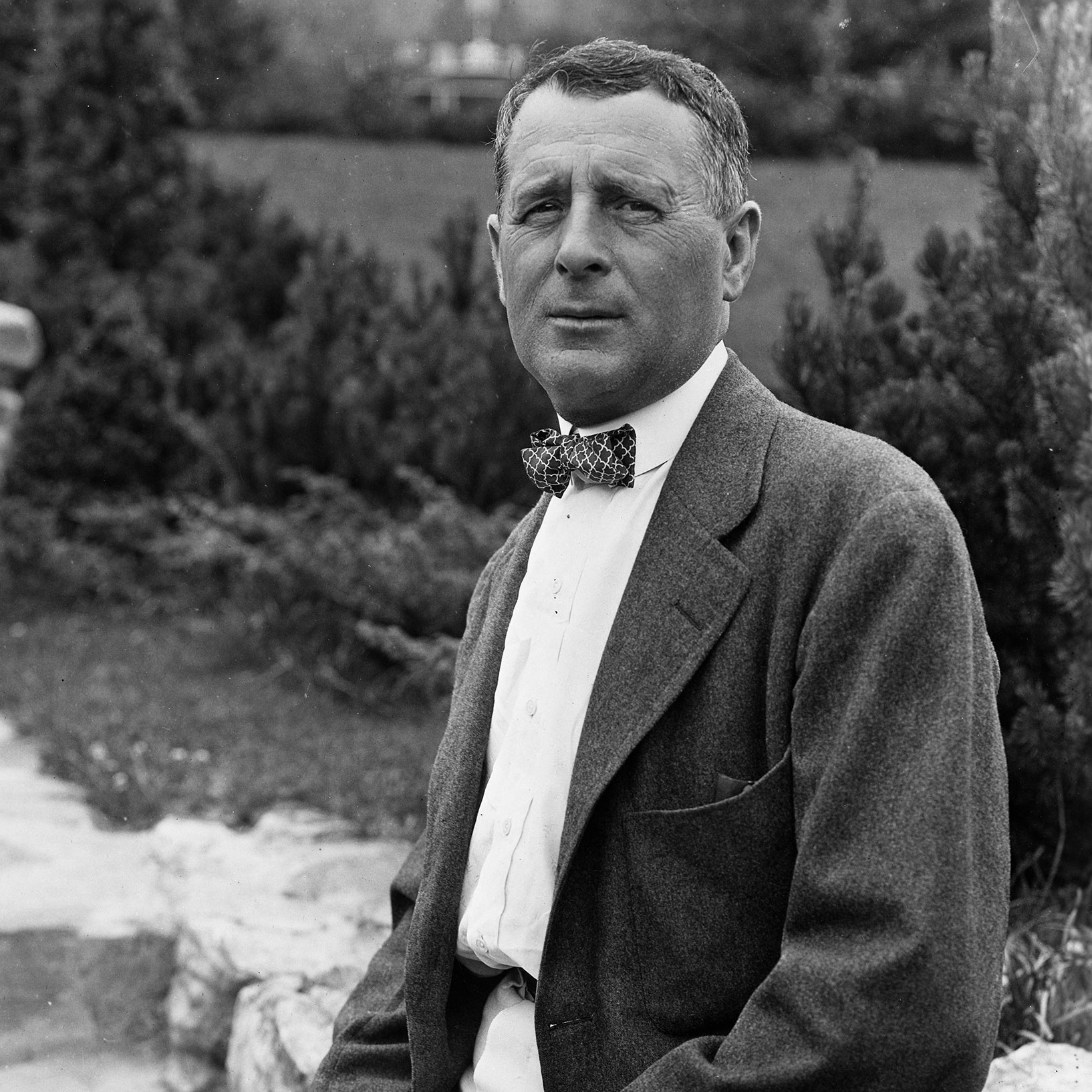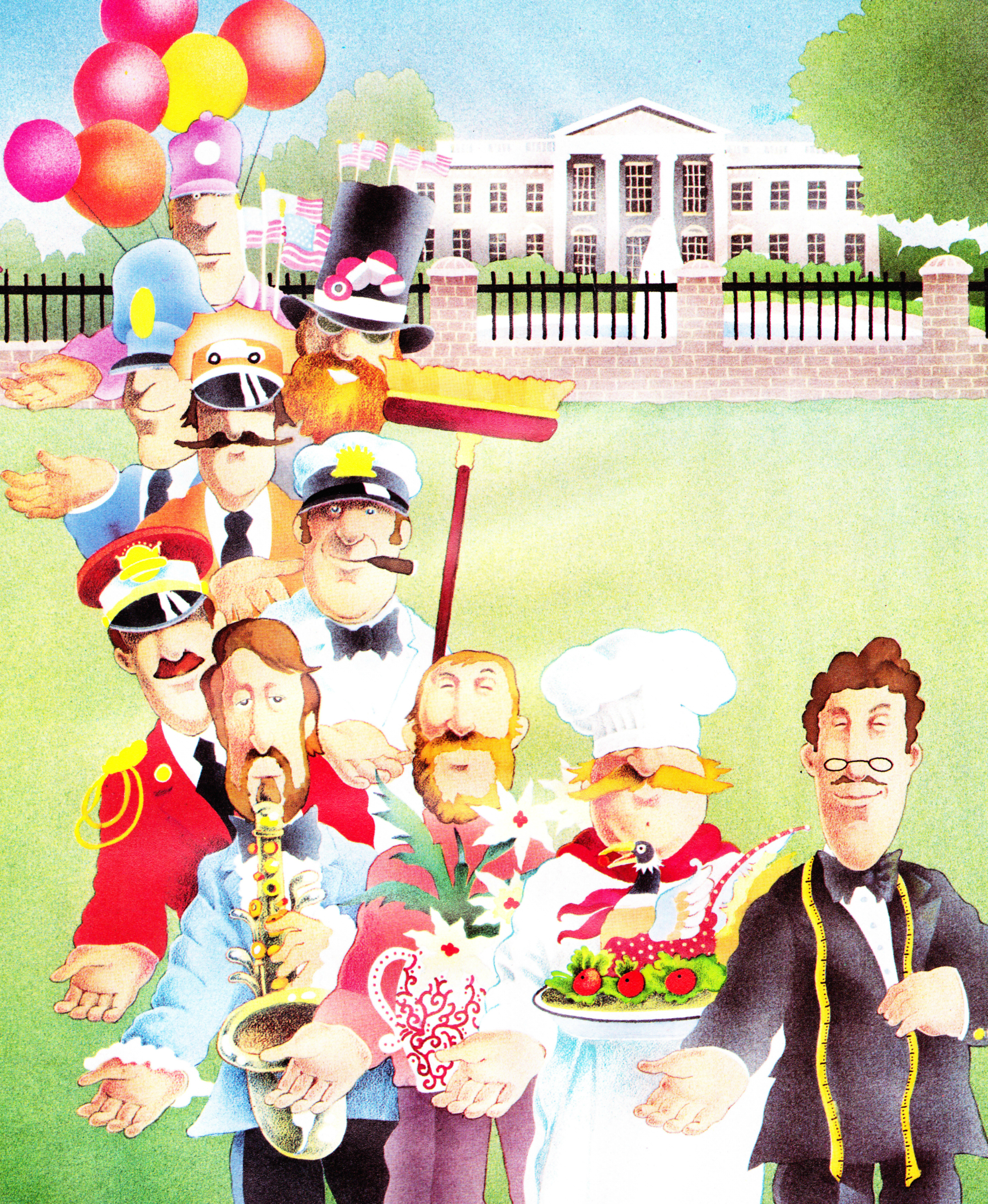Boss Shepherd’s unabashed use of his self-proclaimed “law of necessity” during his reign as the District’s kingpin insured a steady diet of confrontational politics. Of course, the Boss usually won. Stories about Shepherd’s fights with those who stood in his way are legion, but perhaps his most celebrated confrontation was with John W. Garrett, the powerful president of the
When cartoonist Thomas Nast of Harper’s Weekly laid pen to paper in the spring of 1874, it no longer was poised to savagely ridicule William Marcy “Boss” Tweed. Three years earlier, after a long reign as the crooked kingpin of New York’s Tammany Ring, Tweed had been convicted of larceny and forgery and put behind bars. Nast’s cartoons had
In an era of prosperity and peace, of sporty cars and speakeasies, of Calvin Coolidge and Al Capone, he led a fashion-conscious city through the Roaring Twenties. His name was Julius Garfinckel, and in his time he reigned as the merchant prince of the nation’s capital.
AS HE FACED CONGRESSIONAL INVESTIGATORS in an eleventh-hour attempt to salvage his reputation, if not his fortune, Harry Wardman swayed nervously in the witness chair. Even at 62, though slightly florid, the one-time kingpin of the Washington real-estate business had not lost the vitality and vigor that had compelled him so often to work 20-hour days. He had come down
CALVIN COOLIDGE IS CREDITED WITH OBSERVING that “the business of America is business.” The business of America’s presidential inaugurations is business too, especially in Washington. The election of Ronald Reagan as the nation’s 40th president was supposed to be good for business. In Washington at least, that seems to be the case. Owners of many local businesses are happily bracing for what they believe will be a series of economic

